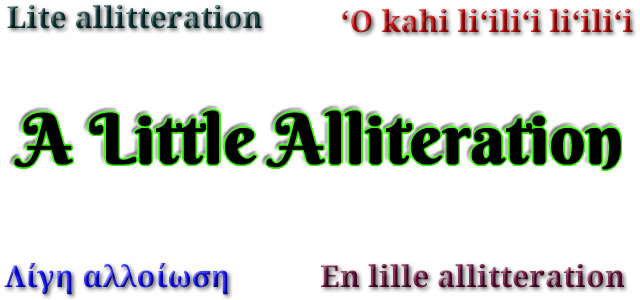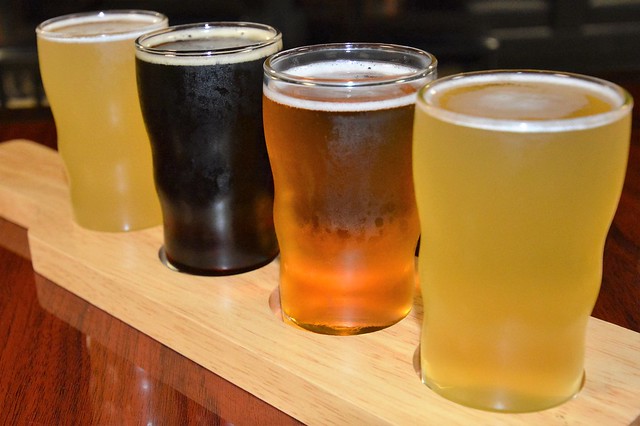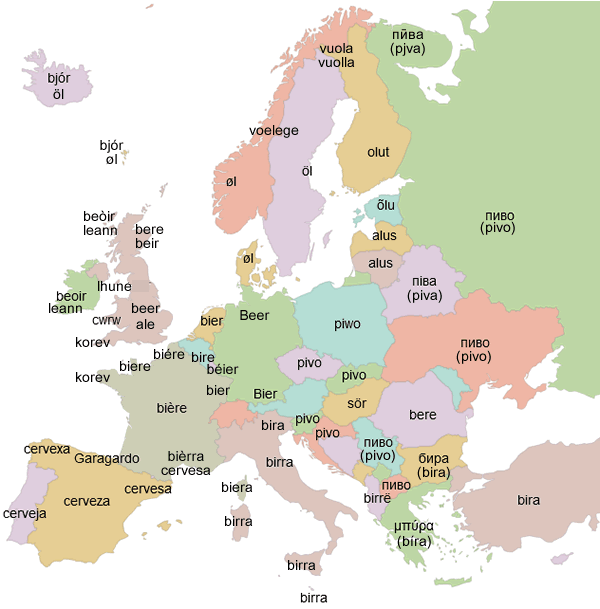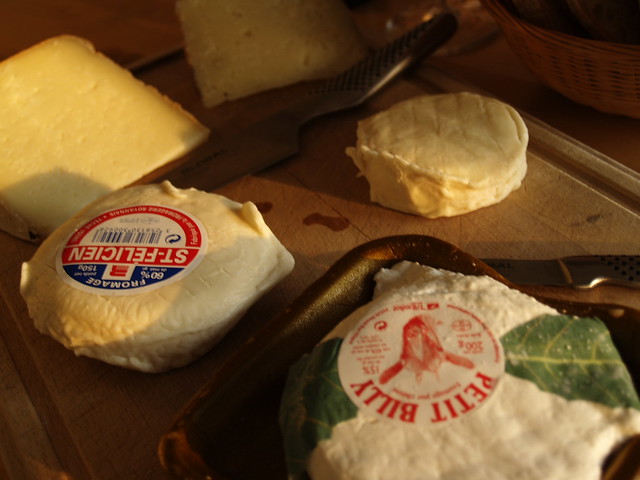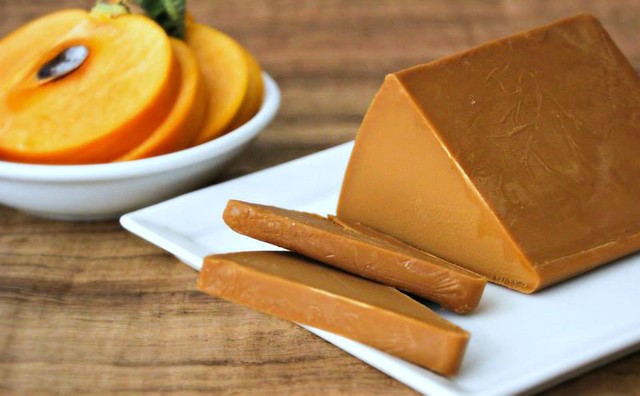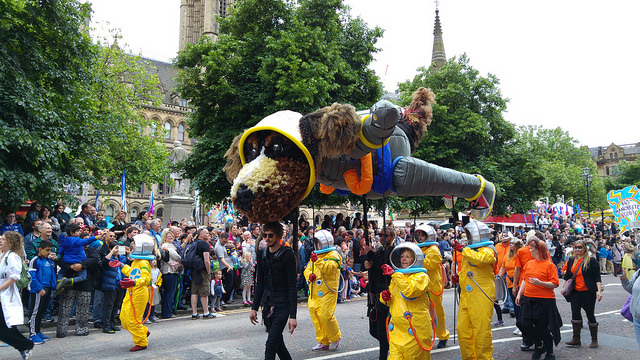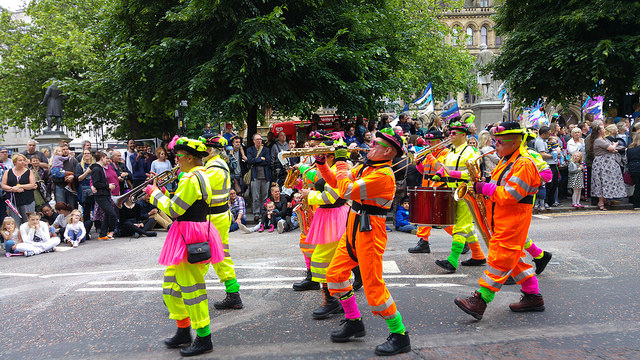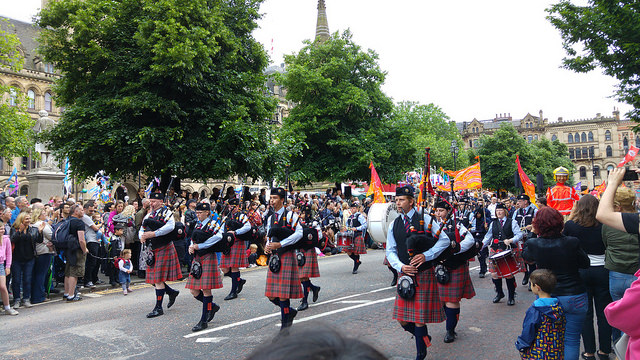This week I made some improvements to the Yurok (Puliklah) language page on Omniglot, and added a page about a related language, Wiyot (Soulatluk).
Both languages were spoken in northern California in the USA until fairly recently, and efforts are being made to revive them. They are classified as belonging to the Algic language family, which also includes the Algonquian languages. The Algonquian languages are spoken mainly in eastern and southern Canada, down the east coast, and in eastern and central parts of the USA. So it’s interesting that Yurok and Wiyot ended up so far away in California.
Recently, Sergei Nikolaev (Сергей Николаев), a Russian linguist, has proposed a link between the Algic languages and Nivkh, which is spoken in Sakhalin Island and along the Amur river in the Russian Far East, and also with the Wakashan languages of British Colombia and Washington state.
In the 1970s and 1980s, ways to write Yurok, and other Native American languages of northern California, with the Unifon alphabet were devised and promoted by Tom Parsons (1930-2018), the director of Humboldt State University’s Community Development Center. A number of Yurok books in Unifon were published, however the alphabet is no longer used, as far as I can tell. Do you know of any other constructed scripts that have been / are used like this?
Yurok is currently written with the New Yurok Alphabet, a spelling system using the Latin alphabet that was devised in 2020. It includes some interesting choices of letters, such as ee for [i], eee for [iː], ue for [u] and uue for [uː]. Digraphs (double letters) are common enough, but trigraphs (triple letters) are relatively rare. I’m not sure why they didn’t use i, ii, u and uu for these sounds, but if it works for them, great.
By the way, one way to say two in Yurok is nee’eeen – that’s a lot of e’s in a row! That is one of the forms of two you would use to count human beings, body parts, utensils, etc. If you’re counting round things, rocks or money, two would be no’oh, for worms, ropes, etc. it’s na’ak’, for plants it’s na’ak’wo’n, for days it’s na’amoyhl, and so on. Quite simple really 🙂 – see the Yurok numbers page for more details.
Are there any other languages you know of that have words with three or more of the same letters in a row?
One example I can think of is eeee ee [iː.iː iː], which means ‘she will eat’ in Manx. Another is jäääär [ˈjæːˌæːr], which means ‘the edge of the ice’ in Estonian.
Examples in Yurok include:
- cheeek = money
- Cheeek Cheeek ‘O’l = mythical home of money
- cheeek mehl’ee’eekew = money snake
- meeekee = both sides
- ‘o chweeegeen = place in the mountains where one regularly sits and prays, telephone
- wee’eeet = this, that, those
Sources:
https://en.wikipedia.org/wiki/Algic_languages
https://linguistics.berkeley.edu/~yurok/lexicon.php
https://linguistics.berkeley.edu/~yurok/text-details.php





